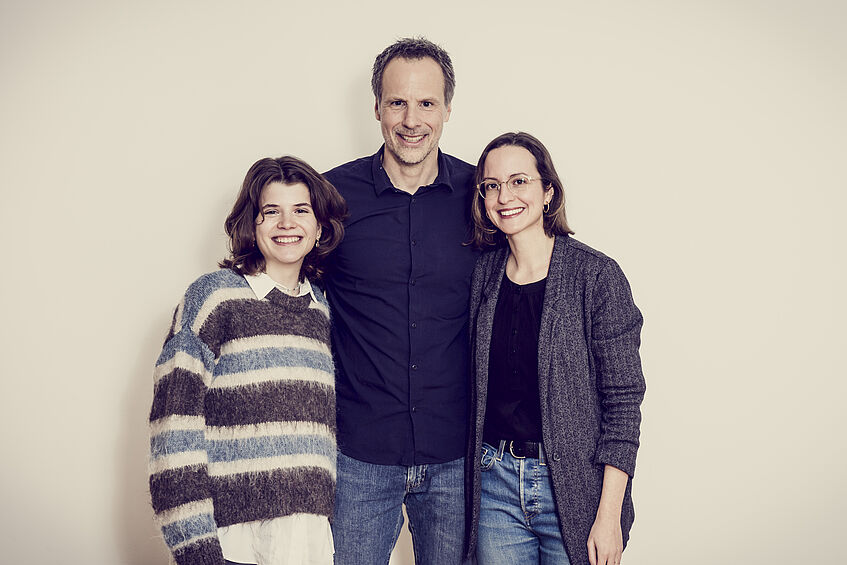Audience Expectations of News in the Digital Age

Theresa Zeitlinger, Folker Hanusch, Clara Juarez Miro (from left to right)
Info
Funding Organization:
Austrian Science Fund (FWF)
Principal investigator:
Folker Hanusch
Duration:
2022 - 2025
Involved Researchers at JSC:
Folker Hanusch
Clara Juarez Miro
Anne Waack
About: Increasing numbers of people have started to avoid the news because they have lost trust in mainstream media, and experience today’s news as too negative and even irrelevant for their personal lives. One reason for this is the growing divide between what journalists deliver to their audiences, and what audiences actually expect from the media. Part of this problem has been a normative focus in journalism on political news, which is often held as the only true form of journalism, at the expense of other forms, such as sports or lifestyle journalism. That is, both scholarship and the media industry have historically focused on political journalism as holding most value and authority in society, compared to other forms of journalism.
Audiences, however, typically consume a wide range of journalism, and are often also interested in news that has more direct relevance for their everyday lives. Beyond politics, this may include news media content on food, health, travel, beauty, fashion, and technology, among other aspects of life. In fact, many of these facets can be political, which makes it difficult and even unnecessary to continue to separate the political from everyday life. For this reason, we still need to better understand how audiences actually define journalism and what it is that they expect from it. This study addresses these questions by conceptualizing journalism in its wide variety of outputs, in order to find out what makes news valuable and meaningful to people. To do so, a range of innovative methods will be used, including observation of news consumers, asking them to formulate their views in letter form as well as in digital diaries, and by conducting focus groups and a representative survey of the Austrian population.
It is expected that the project will generate much-needed knowledge for scholarly understanding of news consumption processes, feeding into crucial debates about media trust and credibility. The project will further contribute crucial practical knowledge that informs policy discussion on how journalism and media stakeholders can more effectively meet audience expectations to increase trust and news engagement.
